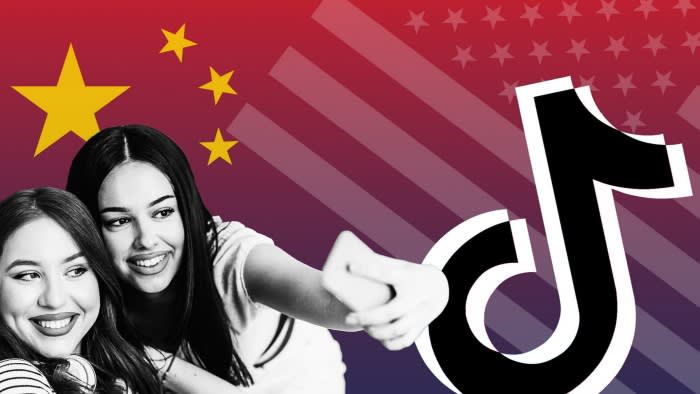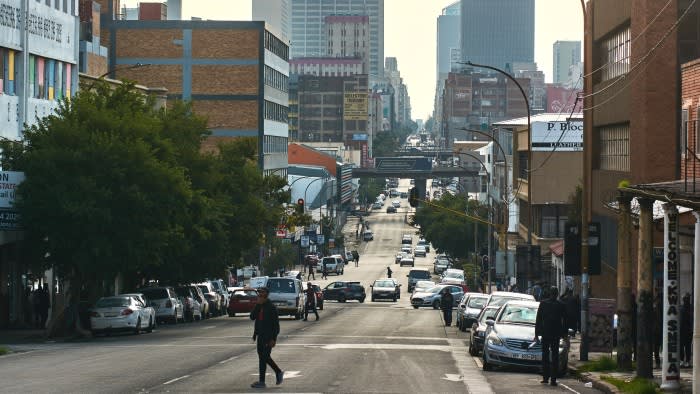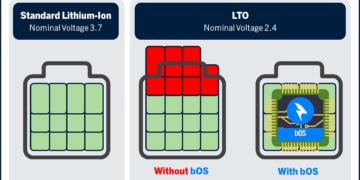In March 2020, 83,000 New Jersey residents who had been ineligible to vote became eligible when a new law took effect restoring voting rights for people on parole or probation who had previously been convicted of felonies.
Ariel White, an associate professor in MIT’s Department of Political Science and an MIT Governance Lab faculty associate, is one of several researchers working with the New Jersey Institute for Social Justice (NJISJ) to inform these people of their eligibility.
NJISJ spearheaded the effort to get the law passed, and worked throughout 2020 to register people to vote before the presidential election. Now, White and her colleagues are gathering more information about the barriers making it more difficult for previously incarcerated people to vote, as well as what messaging might convince people to register.
People vote infrequently after being incarcerated, and the criminal legal system disproportionately incarcerates people of color. White has been studying this issue for several years, focusing in particular on situations where people legally can vote, but don’t manage to. Now, she’s trying to find ways to address this inequality. “I got sick of writing the ‘this is a problem’ papers,” she says. “I wanted to see what could be done about it.”
Increasing political participation among previously incarcerated people
In the first stage of their research in New Jersey, the researchers are interviewing previously incarcerated people. They’re talking with active voters to better understand what motivates them to participate in the political process. They’re also asking people who aren’t voting why they’re reluctant to do so, and seeing what arguments for voting might resonate with them.
Some people are hesitant to vote because they’re simply not sure if they’re eligible, and don’t want to get in trouble. Others feel like their votes don’t make a difference, or that their voice isn’t valued. “This is something they have learned through personal experience with a system that doesn’t generally reward speaking up and making your opinion known,” says White. “The criminal legal system is both scary and disempowering to interact with.”
White and her colleagues have attended NJISJ organizing meetings to learn from a group that has a lot of experience mobilizing people to vote. “We’ve gotten to learn about what they’re already doing, what kinds of things are working for them, what kinds of messages they think are resonating,” she says.
This work is in line with MIT GOV/LAB’s engaged scholarship approach, which promotes collaborating with partners to gain valuable insights from people living these issues and to make research more valuable to decision-makers.
Adding to the voter mobilization literature
Early interviews have suggested that particularly convincing messaging might focus on the importance of local politics, as well as how it might be meaningful to someone’s friends and family that they vote.
White says that while the existing literature has shown that these and other strategies are effective at increasing turnout among people who are already registered, “there is actually a lot less published work on how you register people who are not currently registered.” There is also little evidence specifically on increasing turnout among people who have had contact with the criminal legal system.
Once interviews are completed, the researchers will put their findings to the test by reaching out to people via mail before New Jersey’s state and municipal elections this November. They’ll try some different messages for convincing people that their votes matter and collect data on which are most effective at getting people registered and voting.
This project comes on the heels of similar research White and other researchers conducted in North Carolina and Texas leading up to the 2020 presidential election. In this instance, the research team wanted to see if mailing certain pieces of information to people with criminal records increased registration and turnout. “Does it matter whether you include, for example, the registration form itself, or is it more just the information about eligibility,” White explains. Results from this project are forthcoming.
People rarely vote after being incarcerated
Voting rates are low not only among people who have served longer sentences for felonies, but also among people who have served shorter sentences for misdemeanors. In a 2019 paper, White found that jail time for a first-time misdemeanor offense actually made it less likely that someone would vote after they were released.
White explains that fewer people vote after a misdemeanor conviction because even the shortest jail stint can turn someone’s life upside down. “Going to jail for a couple weeks could mean that you lose your job, it could mean that you lose your housing,” she says. People can also lose custody of their children. “You’re likely to have a lot of other stuff on your plate that could just make it really unlikely that you manage to vote,” says White.
While incarceration didn’t affect voting among white people in the study, voting dropped significantly among Black people, who were more than twice as likely to have voted before being incarcerated, a difference White suggests could be attributable to racial disparities in policing and the criminal legal system.
White says that a lot of research on incarceration and voting has focused on legal restrictions on voting, like felony disenfranchisement laws. “These [legal restrictions] are important for a whole range of reasons,” she says. “But there are millions of people who pass through the criminal legal system with their voting rights intact, but who do not manage to exercise those rights.”
She also points out that we should incarcerate fewer people to begin with. But there will need to continue to be efforts to increase voting among previously incarcerated people. “We have this system that incarcerates an enormous number of people who have this intense personal knowledge, this particularly intimate understanding of how that system works,” she says. “But they are rarely involved in electing the people who could potentially change the way the system works.”















